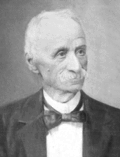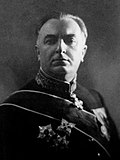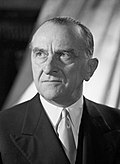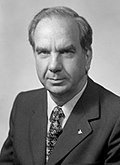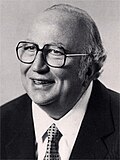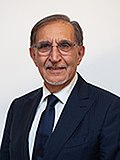| President of the Senate of the Republic | |
|---|---|
| Presidente del Senato della Repubblica | |
| Style | President |
| Residence | Palazzo Giustiniani |
| Appointer | Senate of the Republic |
| Term length | Length of the legislature |
| Inaugural holder | Ruggero Settimo |
| Formation | 17 March 1861 |
| Website | www.senato.it |
This is a list of the presidents of the Senate of Italy from the Kingdom of Sardinia to the present day.
Contents
- Kingdom of Sardinia (1848–1861)
- Kingdom of Italy (1861–1946)
- Italian Republic (1946–present)
- Timeline
- Kingdom of Italy (1861–1946) 2
- Italian Republic (1946–present) 2
- See also
- References
The President of the Senate of the Republic is the presiding officer of the Senate of the Republic. The President of the Senate is the second highest-ranking office of the Italian Republic after the President of the Republic; according to article 86 of the Constitution, [1] the President of the Senate can act as a substitute for the President of the Republic should the latter be objectively be unable to fulfill their duties. [2]
The President of the Senate represents the Senate to external bodies, regulates debates in the Senate chamber by applying its regulations and the rules of the Constitution, and regulates all the activities of its components in order to ensure that it functions correctly.
The President of the Senate, along with the President of the Chamber of Deputies, must be consulted by the President of the Republic before the latter can dissolve one or both the chambers of the Italian Parliament.













